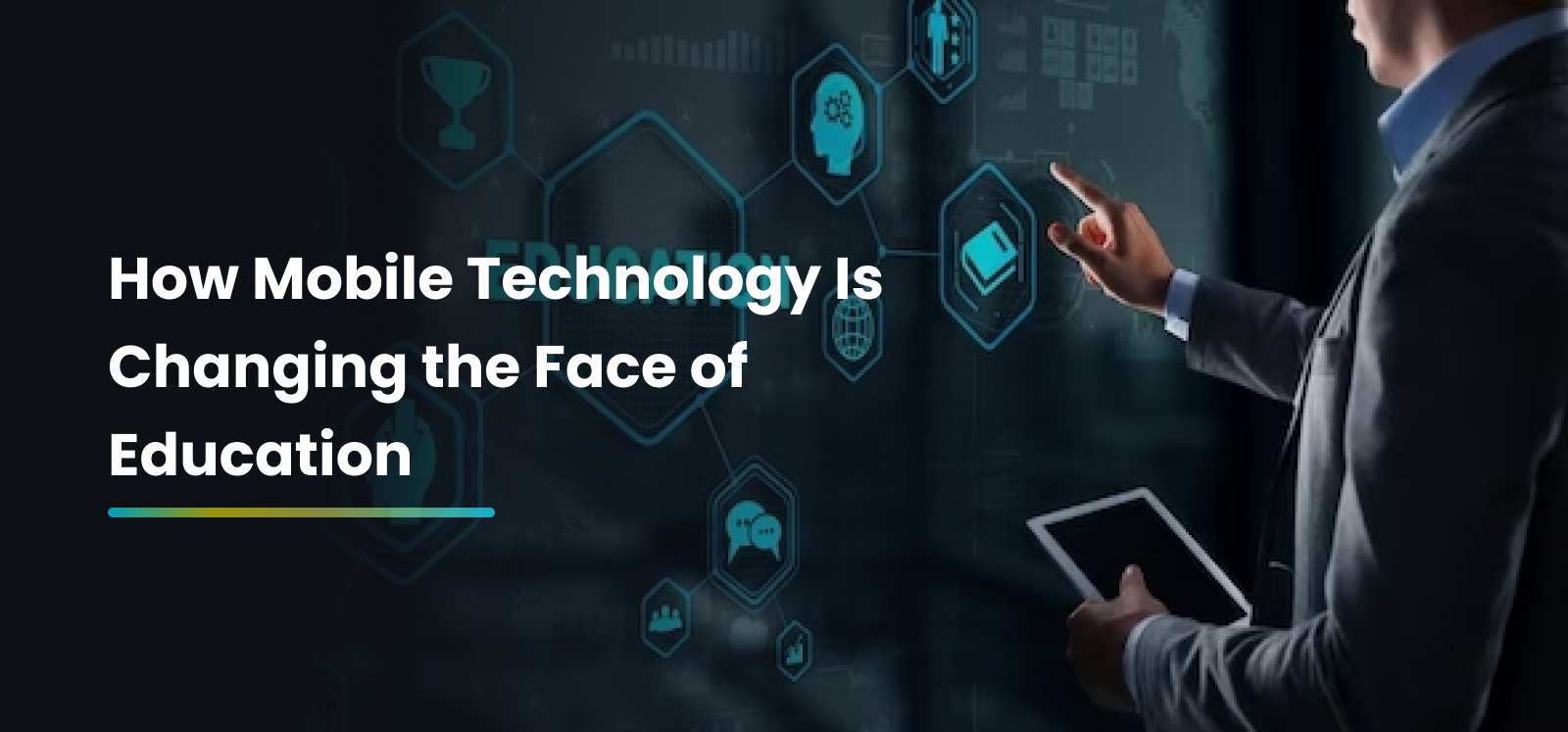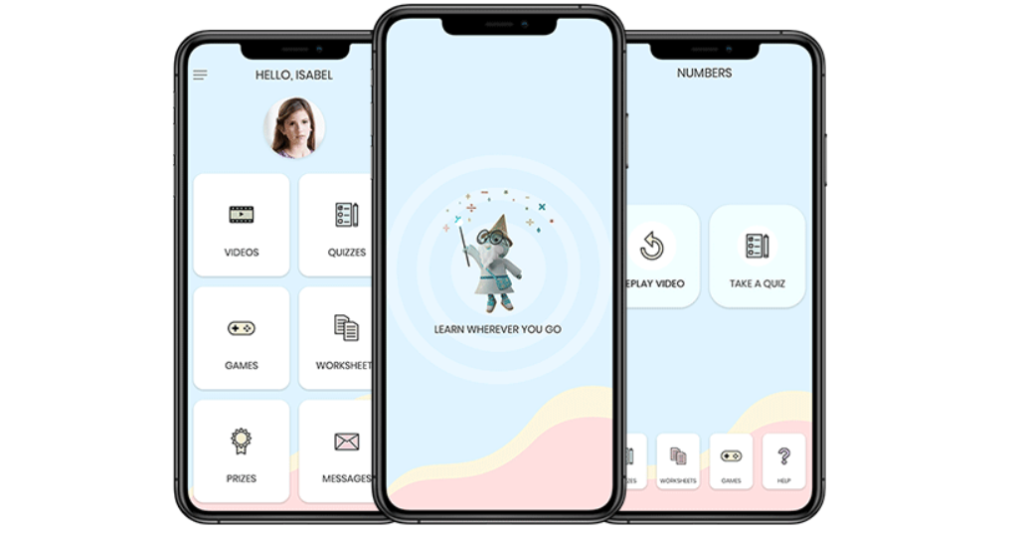7 June 2023
Published by

In the digital era, mobile technology refers to the use of portable devices such as smartphones and tablets that enable communication, access to information, and the execution of various tasks on the go. This technology has permeated all aspects of our lives, including education.
Today, it is increasingly common to see students equipped with smartphones and tablets. These devices have become powerful tools for learning, providing students with instant access to a wealth of information and educational resources. Mobile devices offer portability, versatility, and convenience, allowing students to engage with educational content anytime, anywhere.

The rise of mobile technology has led to the development of a wide range of educational apps designed to enhance learning outcomes. These apps cover various subjects and cater to learners of all ages, from preschoolers to adult learners.
Popular educational apps include Duolingo, which offers interactive language learning courses, and Khan Academy, which provides a vast collection of video lessons and practice exercises across multiple disciplines. These apps leverage gamification, personalization, and adaptive learning techniques to engage students and promote effective learning.
The COVID-19 pandemic has accelerated the adoption of remote learning, and mobile technology has played a crucial role in enabling this transition. With the help of mobile devices and internet connectivity, students can participate in virtual classes, access educational resources, and submit assignments from the comfort of their homes.
One of the significant benefits of mobile technology in education is its potential for personalized learning. Mobile devices enable adaptive learning platforms that can tailor educational content to the individual needs and preferences of students.
Mobile technology has greatly contributed to enhancing accessibility in education. Geographical barriers are no longer a limitation, as students from remote or underserved areas can access educational resources and connect with teachers and peers through mobile devices and online platforms.
Collaboration and teamwork are essential skills for the 21st-century workforce, and mobile technology facilitates collaboration among students and educators. Various collaborative tools and platforms, such as Google Docs and Microsoft Teams, enable real-time document sharing, simultaneous editing, and seamless communication.
Mobile technology is not only beneficial for students but also for teachers. Educators can access a wealth of mobile resources, including educational apps, teaching guides, professional development courses, and online communities of practice. These resources enable continuous learning and support teachers in enhancing their instructional strategies, staying up-to-date with the latest educational trends, and sharing best practices with colleagues.
Gamification, the integration of game elements and mechanics into educational activities, has gained popularity in recent years. Mobile technology provides a perfect platform for gamified learning experiences, as it offers interactivity, immediate feedback, and immersive simulations.
While mobile technology offers significant advantages, it is essential to address ethical considerations and ensure responsible use in educational settings. Balancing screen time with physical activities is crucial for the overall well-being of students. It is important to encourage a healthy lifestyle and provide guidelines for managing screen time effectively.
As technology continues to advance, the future of mobile technology in education holds tremendous potential. Emerging trends such as augmented reality (AR), virtual reality (VR), artificial intelligence (AI), and blockchain-based educational platforms are likely to shape the future of learning.
Mobile technology has ushered in a new era of education, transforming the way students learn and interact with educational content. With the widespread availability of mobile devices and a vast array of educational apps and resources, education has become more accessible, engaging, and personalized.
1. How can mobile technology benefit students in remote areas? Mobile technology can benefit students in remote areas by providing them with access to educational resources and connecting them with teachers and peers through online platforms. It helps overcome geographical barriers and ensures equitable educational opportunities.
2. Are there any risks associated with using mobile technology in education? While mobile technology offers significant advantages, there are risks to consider. These include excessive screen time, potential distractions, online privacy concerns, and the digital divide among students. It is important to address these risks through responsible use and proper guidelines.